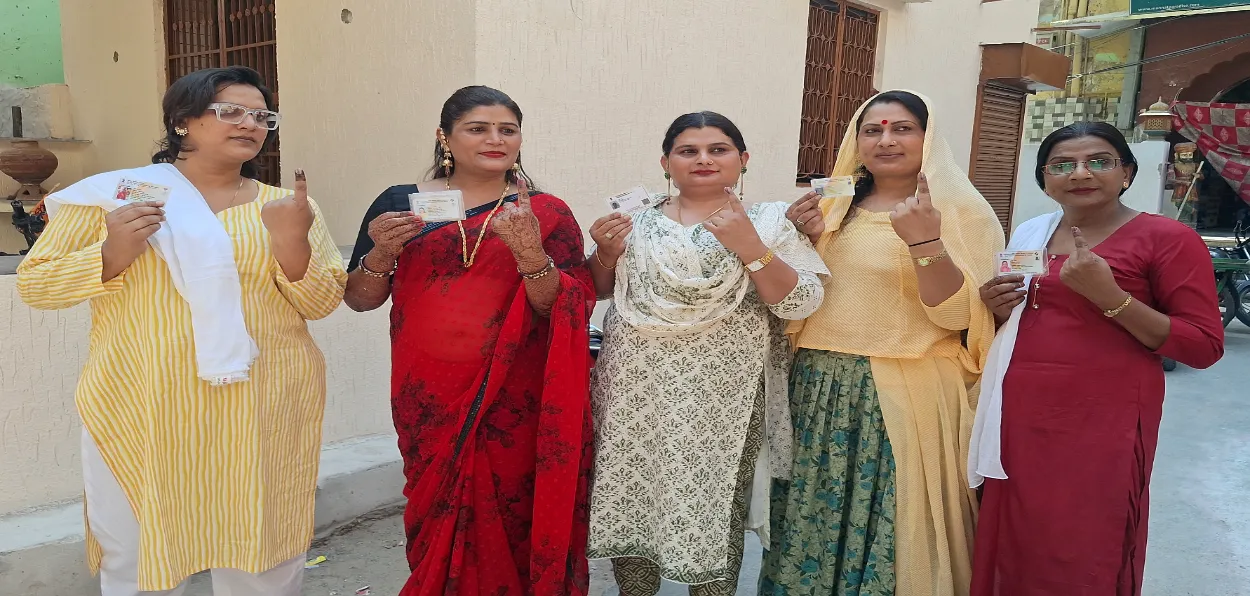
Eman Sakina
Islam, as a complete way of life, addresses various aspects of human identity, including matters related to gender. The question of transgender identity—individuals whose gender identity differs from the sex they were assigned at birth—is one that has gained prominence in recent decades. While modern terms such as "transgender" may not be explicitly mentioned in classical Islamic texts, Islamic scholars and jurists have discussed similar concepts under different terminology for centuries.
Friday Musings
Islam recognizes the existence of two primary biological sexes: male (dhakar) and female (untha). These distinctions are not merely biological but are deeply integrated into religious rulings, such as inheritance, prayer, dress code, and family responsibilities.
However, Islam also acknowledges the existence of a third category of people, known in classical Arabic as "khuntha". A khuntha is a person who exhibits both male and female physical traits and whose gender is not clearly identifiable at birth. Islamic scholars have historically classified them into two types:
Khuntha Mushkil – An ambiguous intersex individual whose dominant gender traits cannot be determined.
Khuntha Ghayr Mushkil – An intersex person whose gender traits can be determined as they grow older.
Islamic jurisprudence provides special rulings for khuntha individuals to ensure their dignity, rights, and social inclusion. The acknowledgment of this category demonstrates Islam’s recognition of gender diversity within human creation.
While khuntha relates to biological intersex conditions, transgender identity involves a psychological and spiritual identification with a gender different from one's biological sex. This distinction is important because classical Islamic jurisprudence dealt primarily with intersex individuals, and the concept of gender dysphoria (a mismatch between one’s assigned sex and gender identity) is more modern.
Despite this difference, many contemporary scholars have extended the Islamic compassion and legal reasoning used for khuntha to consider transgender individuals, especially when gender reassignment is a response to genuine psychological and emotional distress, supported by medical evaluation.
Human Dignity and Transgender People in Islam
One of the core principles of Islam is the sanctity and dignity of human beings. Allah says in the Qur'an: “Indeed, We have honored the children of Adam...” (Surah Al-Isra, 17:70)
This honour extends to all people, regardless of their gender identity. Islam teaches compassion, empathy, and justice. Even in disagreement, Muslims are commanded to treat others with respect. Prophet Muhammad (peace be upon him) was known for his inclusive and dignified treatment of all members of society, including those who were marginalized.
There are also narrations that indicate the Prophet’s awareness of effeminate men (mukhannathun) in society. While certain actions (such as imitating the opposite gender in behavior or dress) were discouraged, the individuals were not dehumanized or abused. In some cases, mukhannathun were even permitted in women's spaces when they were known to have no sexual interest in women.
Muslim transgender individuals often face dual challenges: reconciling their identity with their faith, and dealing with societal stigma. Islam promotes a balance between preserving moral order and extending compassion. Hence, rather than outright rejection, a more empathetic and knowledge-based approach is necessary.
Communities, scholars, and families should focus on:
Seeking knowledge from Islamic, medical, and psychological experts.
Avoiding mockery or abuse, as Islam prohibits harming others through words or actions.
Supporting mental well-being and guiding individuals in navigating their lives within an Islamic framework.
At its core, Islam teaches that Allah is All-Knowing, All-Merciful, and Just. Every human being is created with purpose and deserves to be treated with respect. The challenge for the Muslim ummah is to balance its theological commitments with its ethical duty to support and care for all members of the community.
As the Prophet Muhammad said: “The most beloved of people to Allah are those who are most beneficial to others.” (Al-Mu’jam Al-Awsat)
ALSO READ: 35-minute call showed a calm, clear-headed Modi against impulsive Trump
While Islamic rulings on transgender identity may differ across scholars and schools of thought, the universal values of mercy, justice, and human dignity must remain at the heart of any discussion. This is the true spirit of Islam.
